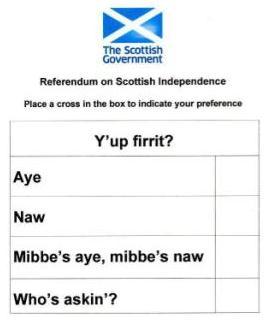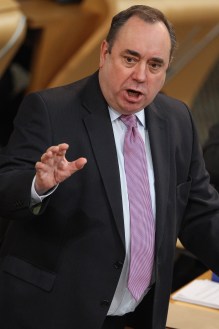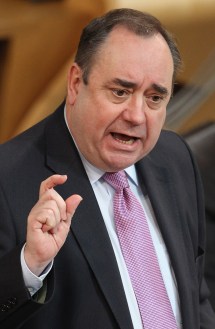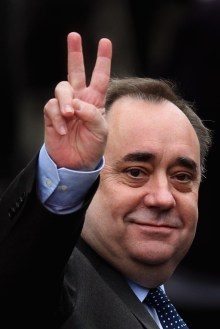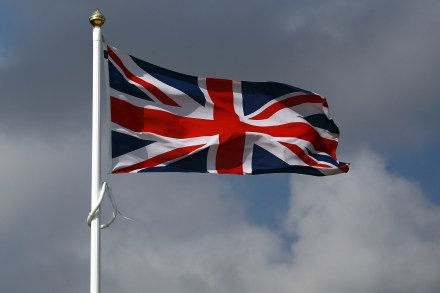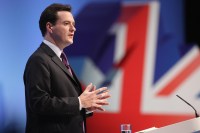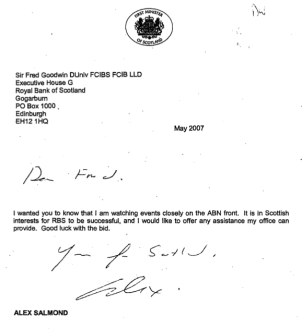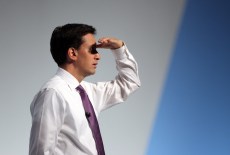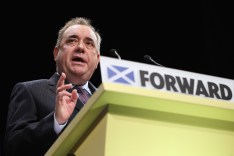A skewed response to a skewed question
‘A clear majority of people in Scotland now back independence, according to an exclusive poll for the Sunday Express. Using Alex Salmond’s preferred referendum question, the Vision Critical survey found 51 per cent would vote ‘yes’ with 39 per cent against. If such a dramatic result were repeated in the autumn of 2014, the First Minister would have an absolute mandate to negotiate an end to the Union with England.’ So runs the story. CoffeeHousers may have spotted two of the snags: the poll uses Salmond’s laughably loaded question, and seems to have been conducted by a chain of opticians. Further inspection gives a sample size of around 2,000 people,
